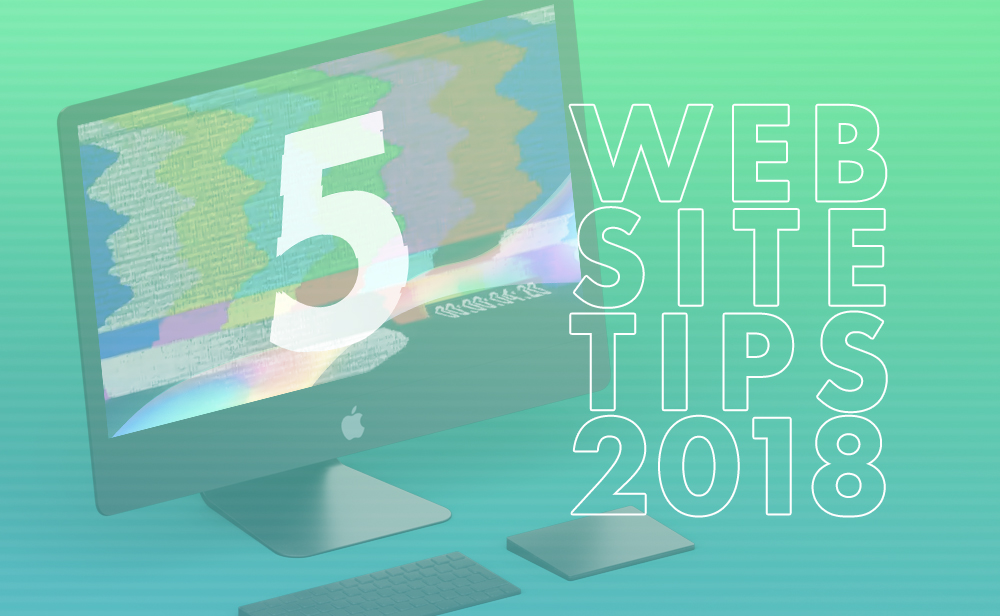
Many things can and do go wrong for business on social media. Whether it is Internet trolls, a customer complaint or employees behaving badly, mistakes can turn into PR disasters or worse have legal consequences. As a business, how prepared are you to deal with the complexities of social media?
Social media is becoming increasingly popular in the business world as businesses look for new opportunities to connect, publicise their message and promote their brand. Whether social media impacts your organisation through internal or external sources, each has its own unique set of challenges. There is no one fits all approach to managing social media risks. An approach which incorporates a number of strategies is the most effective.
There are 4 key strategies to include in your approach.
Social Media Policy:
This is essential in any organisation. Even if your business does not use social media it is guaranteed that your employees and customers do. So a policy helps to set parameters around what is acceptable and not acceptable behaviour for all stakeholders inside and outside of the workplace. Without a social media policy an organisation is exposed to not being able to adequately manage their social media risks: legal, reputational and operational.
Social Media Risk Audit:
Whether your business has been using social media for years or is about to start conducting a social media risk audit is valuable. It will assist in determining what your social media risks are and where they will likely come from. Ideally it would be conducted before your business starts using social media so that the information collected can be incorporated into the policy. However, regularly assessing social media risks is important so the audit is a helpful tool to use whenever updating your policy.
Regulation and Monitoring:
It is crucial to include the social media policy as part of a HR Management Strategy which has discipline and termination procedures for employees. A policy without consequences is unlikely to be very effective. Making sure employees are aware of these procedures is necessary so they can sign off on it. It is also critical to monitor what is being said about your brand so any incorrect information can be corrected as soon as possible.
Training and Education:
It is not enough to have a social media policy. Social media training and education for employees about what the policy means, what is required and the result of breaking the policy is necessary. Helping employees to understand what is expected of them is important to get employees on broad and working with you. Training and education is an ongoing process which adapts to the updating of the policy and any new ways the business uses social media.
One of the most fundamental mistakes business makes is they fail to engage in the process of managing social media risks. Not realising that with a hands-on and realistic plan and collaboration with their employees, the majority of social media risks can be minimised. It is the role of each organisation to plan, manage, guide and lead for the effective and safe use of social media inside and outside of the workplace.
This is a guest post from Anna Cairo of Anna Cairo Consulting. The views in this post are entirely of her own and may not necessarily be the views of Studio Culture.

